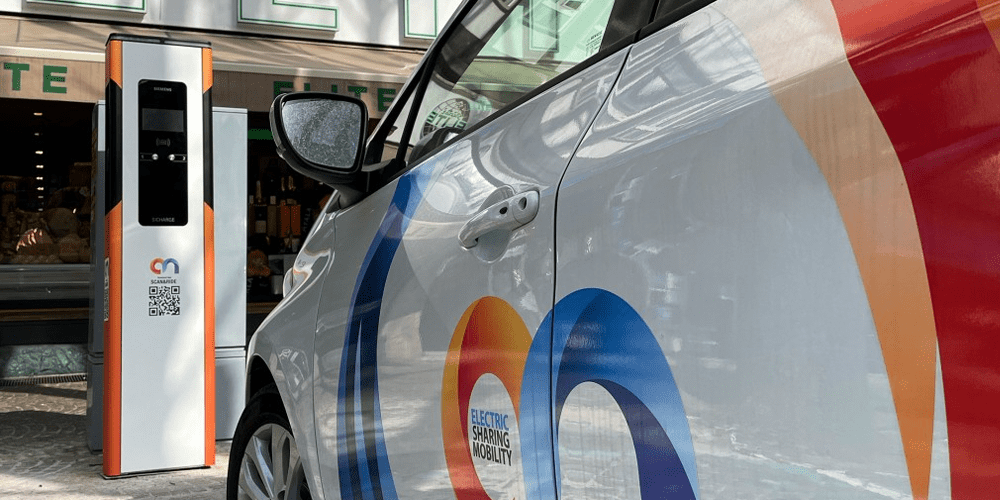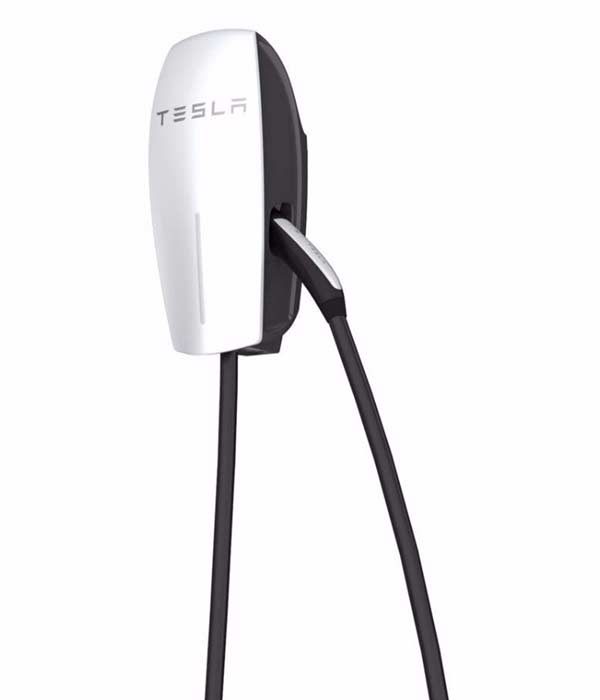
The federal tax credit can be used to install an electric vehicle charging stations. It allows for a tax deduction of up to half of the costs. This reduces the cost of owning a electric vehicle. There are many programs that can be used to encourage consumers and businesses to switch to electric vehicles. These programs aim to encourage the use and development of EV charging infrastructure and incentivize alternative fuels. Both homeowners and businesses can use these tax credits. Continue reading to learn more about these tax credits.
Clean Transportation Program offers financial incentives to encourage the development of advanced transportation technologies. It provides financial incentives both for commercial and residential owners of fleets as well for those who use alternative fuels. The IRS has issued guidelines for the program. It offers financial incentives to charge charging stations at schools, commercial buildings, and multi-family homes.
The Pennsylvania Department of Environmental Protection offers a rebate of as much as $1,750 on the installation of an electric vehicle charging station. You must qualify to receive the entire amount. To qualify, one must own or lease an eligible electric car. Additionally, the charger must be installed at a business or educational non-profit. Only exceptions apply if the charging stations is installed at a residential dwelling. Public or dual-charge chargers are not eligible for the tax credit.

California offers a rebate to all residents for EV charging stations. The rebate is not only available to individuals but also businesses. It is called Clean Vehicle Rebate Project. Commercial landowners can get a rebate up to 15% on a qualifying EVSE, while individuals can get a credit up to $500.
Delaware offers a similar program. Eligible businesses are eligible for the Commercial Electric Vehicle Charging Equipment Rebate. This incentive expires June 30, 2018. The program does not cover electrical or installation costs, but instead covers the cost of the charging station. The program has a limit on the number of charging stations that can be installed in a business.
Missouri offers a tax credit to support alternative fuel infrastructure. This credit is based on the cost of the charger, and is available until January 1, 2018. The type and MSRP for the car will influence the amount. It is also possible to obtain an additional grant for multifamily units with below-market rental units. This credit is not available to individuals, but it might be available to those who live in designated disadvantaged areas.
New York State's $5 million program is intended to promote the installation of EV charging stations in public venues. It is managed by the Energy Research and Development Authority. Public EVSE grants are also available. This program is open to private MUDs that have five or more residential units.

Other states offer tax incentives for EV charging stations, but the details vary. Louisiana offers a $1500 tax credit to help you purchase or lease an EV. Its maximum value is 36% of the price increase for the plug-in car. The state does not provide a tax credit for leasing a plug-in vehicle.
FAQ
What qualifications do I need to be a truck mechanic?
Although you don’t have formal qualifications, you have extensive experience with engines and trucks. Your expertise is invaluable because you know how quickly and efficiently to diagnose problems.
You also have an excellent knowledge of diesel technology which will help you to understand what parts are needed to repair our vehicles.
How long does an automotive course take?
A course in automotive lasts three years.
The first year is spent learning about cars and theory. The second year is dedicated towards practical training. This includes learning how to drive, fix engine problems, and doing other maintenance jobs around your car. The last year of your training is spent on practical training, where you learn how to fix real-world problems.
What information do I need about car mechanics
You don't need to know anything about cars to work as an auto mechanic. All you need to know is how to fix things. This is why most people get started with simple jobs such as changing brake pads or tires. Then they move on to more difficult repairs.
You need to be able read and comprehend diagrams, follow written instructions and adhere to basic principles of good practice. You will also need to understand how parts should be replaced or repaired.
It is important that you have proper training and guidance before you attempt to repair vehicles. This is especially true if your job involves expensive parts like transmissions or engines.
Even though you don't need to be an expert on cars, it is important to understand the fundamentals of mechanical engineering and physical physics. This is how you understand the mechanisms behind engines and brakes.
Noting that all situations are possible, it is important to be prepared. If your vehicle has been in an accident, you might need to be able to handle it. You will also need to be able to deal with accidents and breakdowns.
You should also be open to learning quickly. Not only will you need to be capable of diagnosing problems, but you also need to be able perform simple maintenance tasks like tightening nuts.
Statistics
- 52% of Mechanics in the United States think their salaries are enough for the cost of living in their area. (indeed.com)
- The U.S. Bureau of Labor Statistics (BLS) reports that the job outlook for automotive service technicians and mechanics is expected to decline by 4% from 2019 to 2029. (indeed.com)
- There were 749,900 jobs available for automotive service technicians and mechanics in 2016, which is expected to grow by six percent through 2026. (jobhero.com)
External Links
How To
How to become an automotive technician
A technician who works on vehicles is an automotive technician. He/she works at car dealerships, auto shops, garages, service centers, etc. He/she helps customers fix their cars, trucks, motorcycles, ATVs, boats, lawn mowers, snowmobiles, tractors, trailers, farm equipment, planes, helicopters, jet skis, watercraft, bicycles, motorcycles, scooters, golf carts, etc. An automotive technician must be able to diagnose problems and make repairs quickly, safely, accurately, and efficiently.
If you want to be an automotive technician, you need an associate degree from vocational school. After completing this program, he/she will need to pass the National Institute for Automotive Service Excellence's (ASE) certification exam. ASE stands for American Society of Mechanical Engineers. The ASE certification test consists two sections. The first section tests for mechanical knowledge, the second for practical skills. You will need to attend an authorized testing site in order to pass the test. You can find these locations online or through your local automobile dealer.
Before becoming an automotive technician, a candidate must pass the test. This process is different depending on where you live. Some states require that candidates attend training courses, while others permit them to learn independently. Some states allow technicians to become licensed right away after receiving their license. While others wait until they have had at least six years of experience as an automotive technician.
An applicant should apply to a local auto shop in order to start their career as an automotive technician. Once hired, most new employees start out working as apprentices. Apprenticeship programs last about three years. The apprenticeship program teaches students how to change oil, adjust brakes, replace tires, clean spark plugs, inspect engine compartments, and perform routine maintenance. Some students are able to perform more advanced repairs such as replacing shocks and installing air filters. Most schools offer classes during regular business hours. Some schools offer evening classes, however.
When a student has completed his/her apprenticeship, they become a journeyman. Journeymen usually spend four to five year learning how to install major systems like transmissions, differentials steering gear, suspensions, drive shafts, and steering gear. They learn how to do complex repairs such as remanufacturing engines, rebuilding transmissives, and troubleshooting electronic components. Employers prefer to hire journeymen as they are familiar with the job and can anticipate customer needs.
If a candidate successfully passes the required exams and receives a license, he/she might want to consider starting his/her own shop. According to the Bureau of Labor Statistics, nearly 1.7 million automotive mechanic jobs were available in 2010. The Bureau of Labor Statistics predicted that this number would rise by 18% from 2009 to 2020. A candidate who plans to open a shop should expect to spend many thousands of dollars on equipment and supplies.
The salary of an automotive technician will depend on many factors including where you live, your education level, experience and the type of employer. On average, a jobless person could expect to earn $20,000 annually. A person with only a high-school diploma could make around $21,000 annually. A bachelor's degree is equivalent to approximately $24,000 annually. Technicians with a bachelor's degree earn about $27,000 per annum. The average annual salary for those with master's degrees was $32,000. Salary increases can be common. A professional who earns less that $30,000 today could reasonably expect a $40,000 increase in the next few decades.